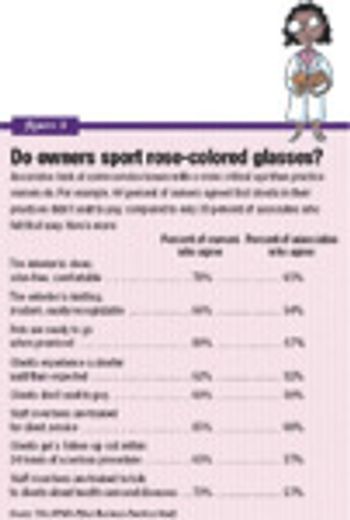
When it comes to service, associates may think owners see the world through rose-colored glasses. But in general, you may all be more alike than you think.

When it comes to service, associates may think owners see the world through rose-colored glasses. But in general, you may all be more alike than you think.
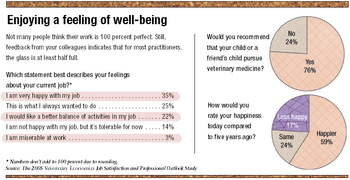
Despite occasional grumbles about life balance, the latest Veterinary Economics survey shows that 88 percent of practitioners find their normal level of stress manageable—and they're enjoying their work.
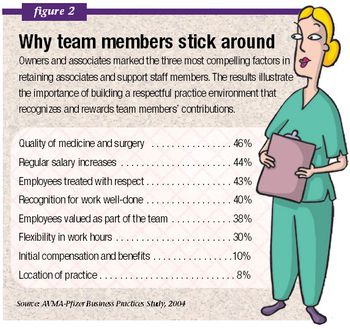
Associates and support staff weigh in on the factors that attract them—and keep them on the job. Is your practice attractive to potential team members? (And is it equally attractive to potential buyers?)

A mystery shopper form to get critical feedback (PDF).

My partner and I recently learned that we're paying associates more than other practitioners in our area do. How should we get our compensation more in line with prevailing wages-with a salary freeze or a pay cut?

According to Gallup's annual Personal Finance poll, American's top financial worry is retirement.

The Secretary of Agriculture announced a proposal that calls for mandatory registration and reporting of movement of U.S. livestock through the National Animal Identification System (NAIS).

Enjoy a happy veterinary career by leaving your angst at the door.

As we discussed last month, the first day on the job sets the tone for everything that follows. And a great first day leads to a smoother transition, improved performance, and less turnover. Here's more on how to make a new employee's experience a great one

A problem staffer asked for a copy of her personnel record. Must I release it?

We took in a boarder from a longtime, good client, who said the pet was a stray that he acquired from the local groomer. During our exam, we found a microchip and were able to locate and contact the original owner, who said the dog had been stolen about six weeks earlier. What are our rights and responsibilities in situations like this?

Regardless of his or her work history, a staff member's first day on a new job can be intimidating. For some, it's so overwhelming and confusing that they don't return for a second day.

Think you're working too much? Odds are you're not delegating enough to team members-who are hungry to help.
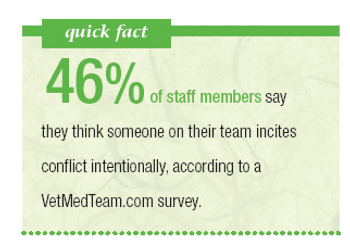
Use these strategies to address discord before interpersonal issues undermine your business-and your passion for practice.

Take these steps, and find that new person who fits with your team perfectly.

Bob Barker, longtime host of "The Price is Right," has always encouraged viewers to spay and neuter their pets.

Recent pet-related news from the courts.

As pets grow nearer and dearer to the human heart, they also grow nearer to legal trouble. Here are a few recent sticky situations pets and their people have found themselves in:

When you remove barriers, you're free to realize your true potential.

Acres Animal Hospital in Dartmouth, Nova Scotia, has found a way to help both the practice and its clients see green.

I'd wanted to be a veterinarian since I was 7 years old, but after 12 years in practice, I didn't know if I could stand another day. I was frustrated, tired, and worn out by the constant stresses of practice, including staffing headaches, client turnover, and financial strains. And those stresses were having a profoundly negative influence on my personal life, too.
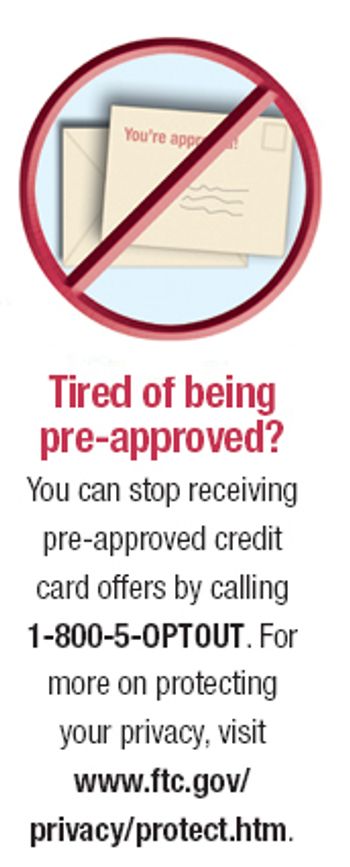
You may need to change your credit-card receipts this year to comply with the The Fair and Accurate Credit Transaction Act (FACT), which demands truncation of credit-card and debit-card numbers.

E-mails you send to clients to inform them of new offerings or to update them on practice happenings could be considered spam under the Controlling the Assault of Non-Solicited Pornography and Marketing Act (CAN-SPAM). To stay on the right side of the law, follow these guidelines, set forth in the CAN-SPAM Act, for commercial e-mails to existing and potential clients:

West Hollywood, Calif., is trying to ban cosmetic surgery on animals, including tail docking, de-fanging, ear cropping, and botox for noncurative reasons.

Confrontation in the workplace can be tricky—you don't want to burn bridges, but you also don't want to suffer at the hands of a colleague.

I've been asked to be a witness in an animal cruelty case. How should I be paid?

Commit to these 10 culture changes to build a terrific practice.

With the advent of e-mail, it's easy to jot a disjointed note and send it off to clients or colleagues. But a slap-dash approach may lead you to say things you'd never consider appropriate if you were using a pen and paper. Keep out of trouble with these e-mail etiquette tips:

Studies show morale and turnover improve when team members feel appreciated.

A new San Francisco law passed by the Board of Supervisors says that backyard dogs deserve a daily change of water; edible and nutritious food; nontipping bowls; and a dog house with a roof, floor, and three sides.